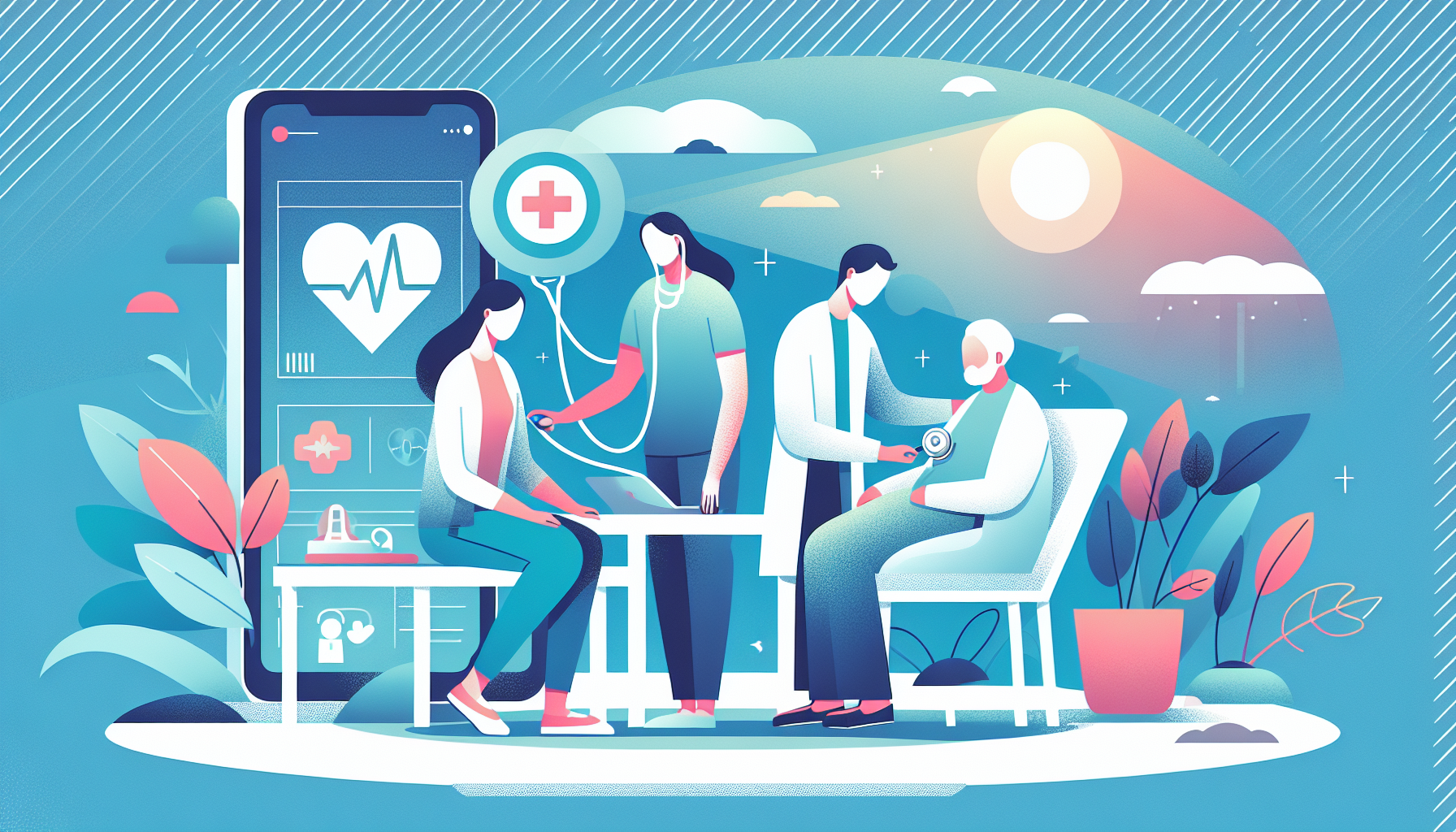When caring for someone who is ill, elderly, or disabled, it's not always possible to be with them in person. However, modern technology offers various solutions to help you keep track of your loved one's safety and well-being, even from a distance. These devices and systems, collectively known as "telecare," can provide you with real-time information about your loved one's activities and needs.
The Versatility of Cellphones in Caregiving
Cellphones have become an essential tool in caregiving. They can be used to store and transmit vital signs, provide reminders for measurements or medications, and even serve as a tracking device if your loved one wanders away, thanks to built-in GPS technology.
Wearable Sensors for Monitoring Vital Signs
Wearable sensors can automatically keep track of vital signs such as heart rate and blood pressure. These devices provide caregivers with valuable information about their loved one's health status without the need for constant manual checks.
Home Sensors for Tracking Daily Activities
Various home sensors can be placed on beds and refrigerators to determine if and when a person is sleeping and eating. This information can help caregivers ensure that their loved ones maintain healthy routines and identify potential issues early on.
Medication Dispensers and Reminders
Some devices can dispense medications at predetermined times and provide reminders to take the pills. This technology helps ensure that your loved one adheres to their medication schedule, even when you can't be there to remind them personally.
Emerging Technologies in Telecare
Researchers are continually developing new technologies to improve telecare. For example, a noninvasive technique using laser beams to measure blood sugar levels is currently under development, which could revolutionize diabetes management for many individuals.
Environmental Geriatrics: Designing Homes for Independent Living
The field of environmental geriatrics, such as the program at Weill Medical College at Cornell University, focuses on creating home interiors and products that keep seniors healthy and functioning well on their own. By incorporating specialized features, homes can be designed to support independent living for older adults.
Exploring Telecare Options for Your Loved One
If you're interested in exploring how technology could help you care for your loved one, consult with your geriatric care manager or doctor. They can guide you toward appropriate resources and help you develop effective plans and strategies for caregiving. For more information on caregiving, consider reading the Caregiver's Handbook, a Special Health Report from Harvard Medical School.
By leveraging the power of telecare technology, you can ensure that your loved one receives the care and attention they need, even when you can't be there in person. With the right tools and support, you can provide the best possible care for your ill, elderly, or disabled family member.
For more information on telecare and caregiving, visit:



